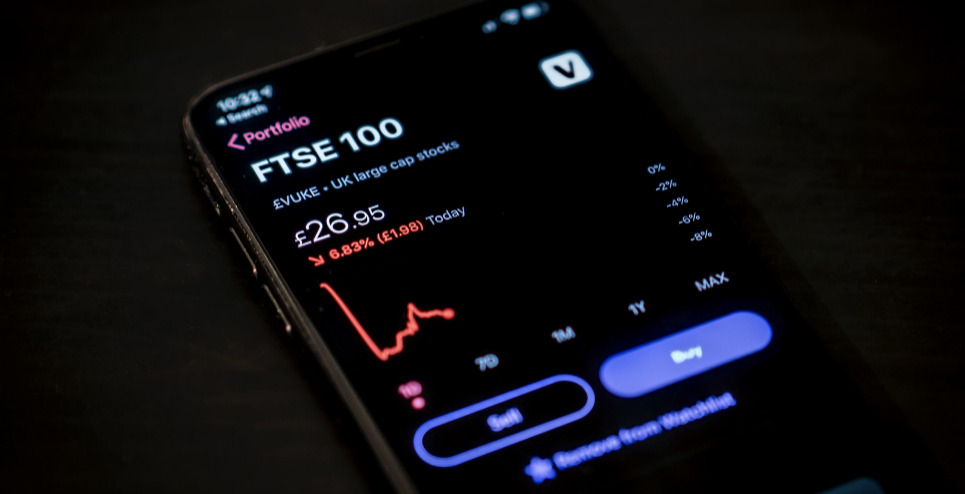Opinion - March 11, 2020
After the coronavirus, let’s not go back to normal, let’s go toward better


Written by Bertrand Piccard
There have been some remarkable developments in the effort to halt the spread of Covid-19 in the last few days. It is clear that we must be extremely vigilant. That same vigilance must extend to how we treat its knock-on effects.
There are effectively two competing priorities at the moment; the first is to stop the spread of the virus, and the second is to stop the economy from tanking.
Clearly, the focus at this time must be on the health situation. But how we react once it is under control will have far-reaching consequences.
The economic impacts are already being felt, particularly by smaller companies that have fewer means to survive as demand has abruptly dropped off and supply chains are disrupted. Global economic growth this year is already expected to be as slow as in 2009. My biggest concern is how markets and decision-makers will react to a stuttering economy, and what that will mean for efforts to protect the climate.
Let me explain my thinking. I have said before that an economic recession - whatever the cause - could massively stall efforts to develop clean and sustainable economies. This is because we need to massively invest in new technologies in order to get us on to a course that will keep our emissions to safe levels. And whilst it is clear that investing in environmental protection is not just good business, creating jobs and new industries, fragile markets are conservative. And conservative decision-making means more oil, more coal, more of the same old polluting modes of production.
We saw this in the last global recession and - whilst a coronavirus-induced downturn will perhaps be easier to rebound from than the sub-prime crisis as the challenge is external and not endemic to the system as a whole - power-brokers will be less likely to take risks with regard to policy and investment decisions.
We didn’t have time for that in 2009, and we certainly don’t have time for it now.
The climate situation is so dire that it goes without saying that it will always remain as the long-term priority. But we know that as jobs are lost, families suffer and companies go under, we will put our heads down and look for the quickest fixes, ignoring the truth that is just beyond our immediate horizon; that this time we can’t afford to respond that way
So this is a plea to all those with the power to make a difference; when we get a handle on this crisis, our efforts to support people and the economy must go hand in hand with tackling the climate crisis, stimulating investment in the clean, efficient and profitable industries and infrastructure that will power our tomorrow.
It’s useless to get the global economy back on its feet if in doing so we lock ourselves into an even bigger crisis from which we can no longer step back from.
So, after the coronavirus, let's not go back to normal, let’s go toward better.

Written by Bertrand Piccard on March 11, 2020
